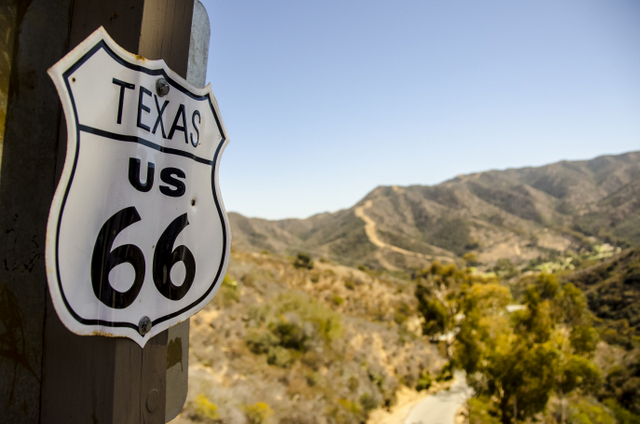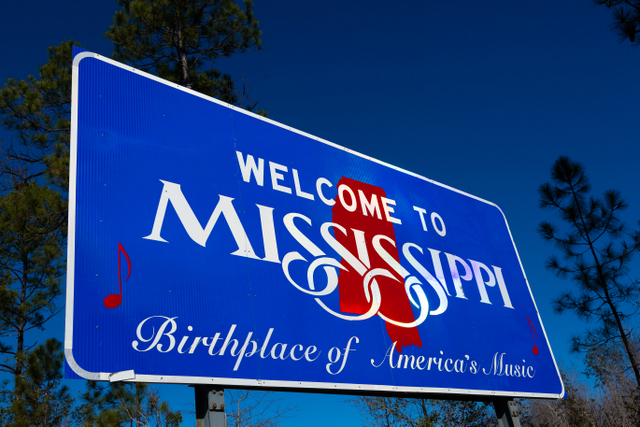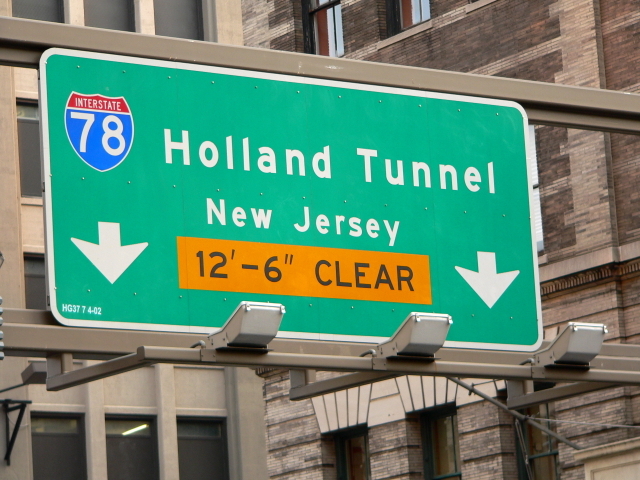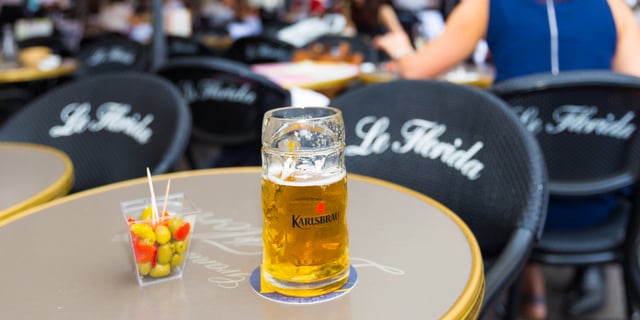Craft brewery regulations are in the headlines all around the country — some positive, some positively stupid. Instead of diving into them all in-depth, we’re going to approach it more like politicians here — just get a gist and then make broad, sweeping declarations. All we can promise is that none of this is fake news.
Texas brewers hoping to sell off-premise taproom beer
Texas doesn’t know what it wants to be. Steps are taken to grow its craft beer industry, and then baffling actions are taken to trip people up.
Stop us if you’ve heard this one before, but craft brewers in Texas are pushing for off-premise sales from their taprooms — a.k.a. selling their own product to their own customers from their own place of business. But just to make it more ridiculous, brewpubs are allowed to do this, as are wineries and distilleries. A few breweries have filed suit in order to achieve similar rights as those alcohol producing peers, and it is the No. 1 goal of the state brewers guild.
According to the Austin American Statesman:
“We’ve been speaking with the distributor lobbies,” [said Charlie Vallhonrat, director of the Texas Craft Brewers Guild]. “There’s certainly opposition to it, but we’re working through it. We’re also closely watching the Deep Ellum lawsuit. But we will bring a bill about off-premise sales to the Legislature.”
Distributors, he said, are opposed to the idea because allowing consumers to buy beer to take home directly from the breweries could, theoretically, take away some of their business. That’s not how the guild sees it, however.
“We don’t see it as an alternative to retail sales,” Vallhonrat said. “People aren’t going to start buying their beer at the brewery all the time. They’ll go for special occasions, when there’s a big release or they have friends in town. Off-premise sales can drive beer tourism. It’s a great way to promote Texas beer.”
I don’t know, Charles. I mean, 43 states do allow these off-premise sales, and all of them are booming in beer sales. Feels like we will need more evidence here.
North Carolina brewery speaking out against state’s distribution cap
This regulation is fairly mild on the outrage scale, but North Carolina state law caps distribution at 25,000 barrels per brewery. If the brewer wants to make more than that they have to sign on with a distributor. But it is worth noting that the perspective above from WWAY 3 mostly comes from John Savard of Wilmington Brewing Co., which is currently at 2,000 bbls.
Potentially shady ‘pro-craft beer’ bill up for vote in Mississippi Senate
Mississippi is one of only two states to offer no form 0f direct brewery sales. Good news: There is a bill that just passed the House and is up for vote in the Senate to change that. The bad news: Caveats added to the bill recently could negatively impact local breweries.
That caveat, according to the Natchez Democrat:
Under the bill, breweries could not produce more than 60,000 barrels of light wine or beer but would be able to sell 10 percent or 1,500 bbls of their products, whichever is less, at the brewery.
Did you feel that? Was it the power trying to come back on? Nope, that’s just the forces of AB InBev coming into the story. Locals are concerned that this additional language limits the growth of local breweries, but then opens the doors for an out-of-state brewery much larger than that 60,000 bbls to stake their own claim in the state and throw their weight around, unfettered by these arbitrary rules.
New Mexico eyes insane tax hike on beer sold
According to the Albuquerque Journal, the tax on beer sold in New Mexico would increase 7.5-fold in July under a proposal just introduced.
The beer tax rate would climb the most, jumping to $3.08 from 41 cents per gallon, sparking concern from the local brewing industry. An exception that assesses lower tax rates on craft brewers would remain in place up to a certain threshold. But local beer-makers would be subject to the higher rate once they sell more than 15,000 barrels per year in the state.
Most New Mexico breweries now make less than 15,000 barrels, and these New Mexico lawmakers apparently hope they all stay that way.
New Jersey brewers look to shed some old laws
And now for something completely different. Get this: New Jersey started removing production caps a few years ago and allowed brewers to sell beer in their tasting rooms. And wouldn’t you know it, the brewing scene has exploded. The NJ Pen puts it at “9,500 jobs and $1.2 billion in annual sales across nearly 70 breweries, with another few dozen in the works.”
But New Jersey brewers aren’t ready to stop there — they have a list of a few other antiquated regulations that should also drop off.
At the top of that list are the rules that obligate brewers to provide customer education and forbid them from offering food of any kind, including free bar snacks.
Expecting brewers to stop what they’re doing to lead every customer through a tour is a regulation that Garrity described as needlessly prohibitive, inconsistently followed, and poorly defined.
“It’s a legislative complication that is causing an impact to customers,” he said. “You can talk about the history [of beer-making] but when your place is packed full of people, how are you going to do that?”
Florida bill would give self-distribution rights
The Orlando Business Journal reports that Florida craft breweries might be getting a little bit more power over their sales. The just introduced House Bill 679 would give self-distribution rights up to 7,000 kegs. The next Florida legislative session starts on March 7.
Area brewers are obviously split in their opinions, depending on whether or not they meet this criteria.
“Breweries and distributors who don’t qualify under the bill, would be put at a disadvantage with competing brewers under the bill,” Executive Director of Florida Beer Wholesalers Association Mitch Rubintold said.
“We just started to distribute, so I understand the impact,” Tom Adams, owner of Winter Park-based Deadly Sins Brewing LLC, previously told OBJ. “We’ve got so many places around us that want to carry our beer, and our distributor has been great. But most distributors can take up to 30 percent of the profit, so that’s the largest impact this bill could have.”










Leave a Reply
You must be logged in to post a comment.